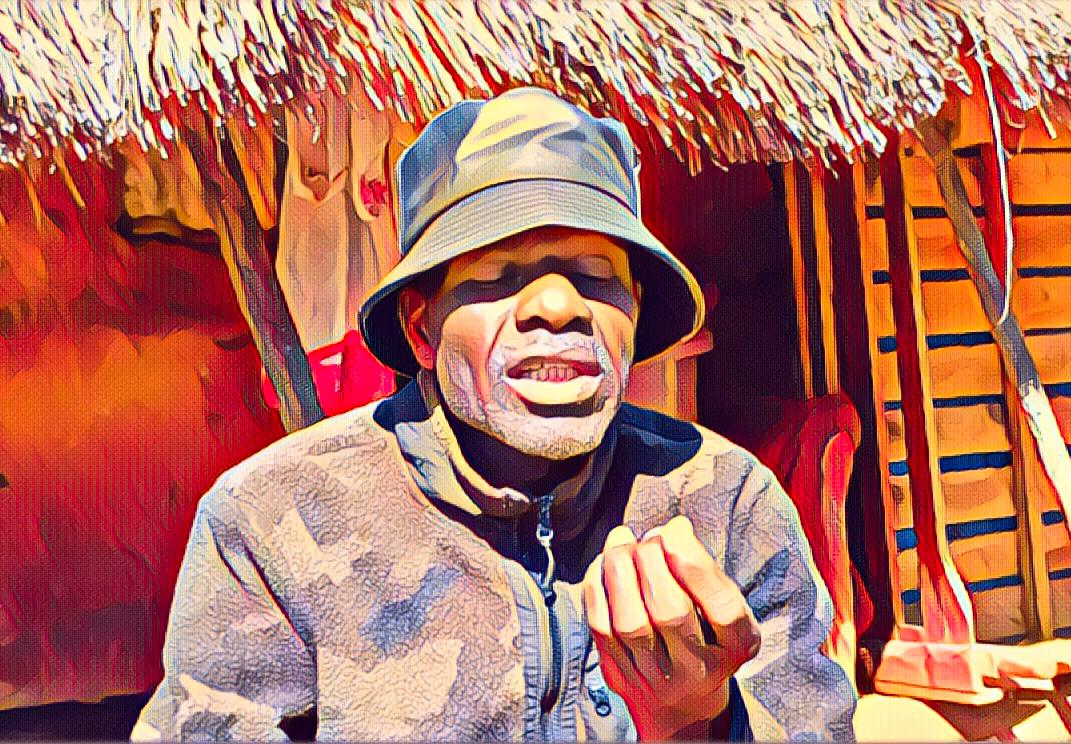Key Points
-
Wrist Brothers’ surviving members, Salim Chikuta and Gordon Ncube, are pleading for assistance to restart their music careers.
-
Chikuta now survives by cutting grass and selling firewood in Chegutu, while Ncube turns to gold panning in Kadoma.
-
The duo has three unreleased albums but lacks the musical instruments and resources to record and perform again.
Salim Chikuta and Gordon Ncube, the only two surviving members of the sungura group Wrist Brothers, are now living in poverty, decades after their 1990s hit song Getu made them local stars.
Chikuta, 63, stays in a farm compound at De Rus Farm in Chegutu, Mashonaland West, while Ncube, 53, now survives through gold panning in Kadoma. Both men said they are struggling to make ends meet and are appealing for assistance to revive their music careers.
“I live from hand to mouth. I cut grass and sell firewood. After cutting six bundles of grass, I get only US$1,” Chikuta said. “Sometimes I walk 17km just to get small jobs that help me put food on the table.”
From chart-toppers to menial labourers
The Wrist Brothers rose to fame in 1994 with the release of their first album, Getu, which featured songs like Muroora, Sister Rebecca, and Juliana.
They gained popularity in rural communities and farm compounds due to their fast-paced sungura rhythms.
However, their triumph was fleeting. The band was destroyed by bad financial choices and internal strife. Chikuta recalls that despite receiving ZW13,600 in 1994, they were unable to purchase musical instruments because of internal conflicts.
“Our record label, RTP, offered to deduct a portion of our earnings to buy instruments and a vehicle, but some band members refused. That decision cost us our future,” Chikuta said.
Dishonesty also plagued the group. Two members, Philemon Mijoya and Ephraim Tapfumanei, would allegedly collect money from RTP using fake stories about family bereavements and share it among themselves.
Both Mijoya and Tapfumanei passed away in 1998 and 2002 respectively. With the departure of bassist Smart Mauto, Chikuta and Ncube were left to hold the group together, but their efforts were hampered by lack of resources.
Appeal for help to revive their music career
Today, Chikuta and Ncube’s passion for music remains, but they are trapped by poverty. They sometimes approach other bands to be curtain raisers during shows in Chegutu. When they get lucky, they practice using rented instruments at US$10 per hour, a rate they can barely afford.
“We are pleading with well-wishers to assist us with musical instruments and a small vehicle. Even a tricycle or a Honda Fit would help us resume performing,” Chikuta said.
Ncube echoed the appeal, stating that the group has three unreleased albums, but they cannot record without equipment. “We are ready to return to music full-time if only we get the support we need,” he said.
Despite their struggles, Chikuta is still known in Chegutu by his stage name “Getu,” a nickname taken from their hit song. His popularity is such that he claims he can leave his bicycle unchained in town and no one would steal it.
Wrist Brothers released seven albums in total, including Mutangi Ndiwe (1995), Sekuru Kuuya (1996), Ndakarera Ndoga (1998), Musha Ndimai, Gehena, and Musara Pavana. However, their last three albums remain unreleased due to financial constraints.
The group, which once shared stages with legendary acts like Marshall Munhumumwe and the Four Brothers, is now hoping that the public and music industry players will help them regain their footing.
“What we are asking for is a chance to perform again. Music is what we know, and we want to get back to it,” Chikuta said.


